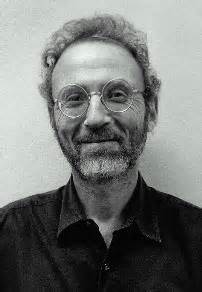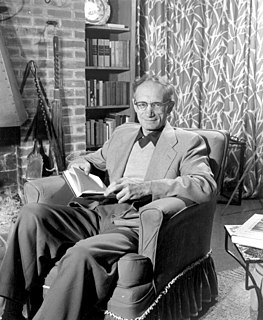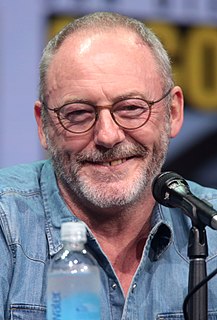A Quote by Thomas S. Monson
God left the world unfinished; the pictures unpainted, the songs unsung, and the problems unsolved, that man might know the joys of creation.
Related Quotes
God left the world unfinished for man to work his skill upon. He left the electricity in the cloud, the oil in the earth. He left the rivers unbridged and the forests unfelled and the cities unbuilt. God gives to man the challenge of raw materials, not the ease of finished things. He leaves the pictures unpainted and the music unsung and the problems unsolved, that man might know the joys and glories of creation.
God left the world unfinished for man to work his skill upon. He left the electricity still in the cloud, the oil still in the earth. How often we look upon God as our last and feeblest resource! We go to Him because we have nowhere else to go. And then we learn that the storms of life have driven us, not upon the rocks, but into the desired haven.
How wrong it is to use God as a stop-gap for the incompleteness of our knowledge. . . . We are to find God in what we know, not in what we don't know; God wants us to realize his presence, not in unsolved problems but in those that are solved. . . . God is no stop-gap; he must be recognized as the center of life, not when we are at the end of our resources.
I am not religious, but I am a pious man... A religious man has a definite religion. He says "God is there" or "God is there," "God is there." "Your god is not my god, and that's all." But the pious man, he just looks out with awe, and says, "where is God?" And "well, I don't understand it and I would like to know what this creation really means." That is a pious man, who is really touched by the greatness of nature and of the creation.
Modern problems proliferate and remain unsolved because we spend so much time trying to deal with societal and world problems without first dealing with family and community problems. If we organized for normal families and communities - if these two groups provided the functions they are designed for - world problems would diminish and fade out in two or three generations.
The essence of songs is neither vocal nor cerebral but organic. We follow songs in order to be enclosed. We find ourselves inside a message. The unsung, impersonal world remains outside, on the other surface of a placenta. All songs, even when their content or rendering is strongly masculine, operate maternally.
Nature attains perfection, but man never does. There is a perfect ant, a perfect bee, but man is perpetually unfinished. He is both an unfinished animal and an unfinished man. It is this incurable unfinishedness which sets man apart from other living things. For, in the attempt to finish himself, man becomes a creator. Moreover, the incurable unfinishedness keeps man perpetually immature, perpetually capable of learning and growing.
All Nature bristles with the marks of interrogation-among the grass and the petals of flowers, amidst the feathers of birds and the hairs of mammals, on mountain and moorland, in sea and sky-everywhere. It is one of the joys of life to discover those marks of interrogation, these unsolved and half-solved problems and try to answer their questions.




































